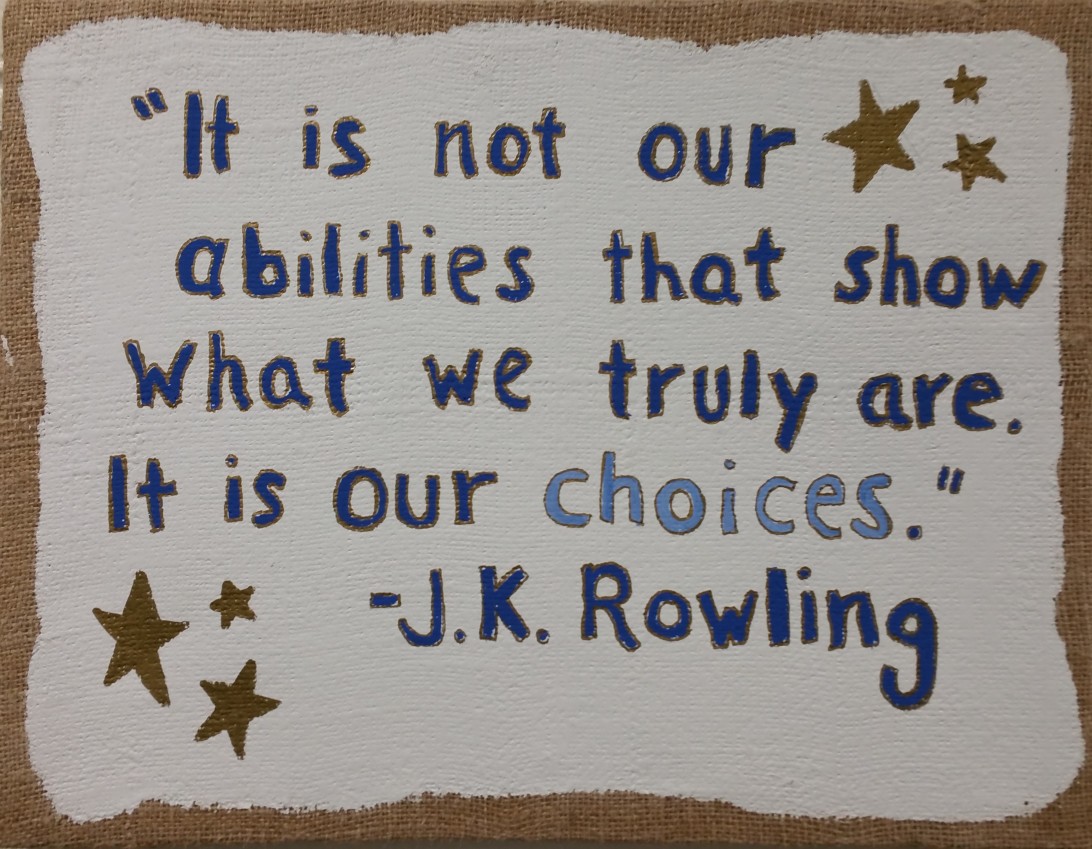
A few months ago, I took the Myers-Briggs personality test as an assignment for a school leadership course. Most educators have encountered this test at some point in their careers. The indicators are designed to give you a sense of how you experience the world with the goal of helping you to understand your strengths and weaknesses and connect with others who can fill those gaps.
With test results in hand, I found myself singled out with a very small group of people as we grouped together around each of the four categories. At one point I was in a group of two. Almost all of the district leaders fit into just a few of the 16 profiles. Very few introverts were in the group. Looking at the data for administrators, it became apparent that there was little diversity in profiles of leaders in the group. This is not a bad thing – just an indicator that school leadership attracts people who have skills which match the system needs. It could also be an indicator that people who don’t fit into those categories have a harder time staying in the profession.
A recent article in the Atlantic describes the large number of introverted educators who are burning out. Teachers cite constant meetings and initiatives as draining. These teachers and leaders need to have time to decompress and reflect and their busy lives allow little time for this. Susan Cain in Quiet: The Power of Introverts in a World That Can’t Stop Talking expands on how introverts deal with stress in the workplace and feels that we sometimes undervalue their contributions. Cain has sparked some controversy with her statements about the overemphasis on collaboration in the workplace and schools, but I don’t think we can ignore what she is saying about the need to provide educators and students with time to reflect and refuel. Education needs teachers and leaders who are empathetic and introspective.
At a recent event, I had time to connect with a group of colleagues and friends from around the world and I was reminded of the value of a diverse team. We had several conversations around the idea that our differences made our group better. No one minded that some of us were quiet, some of us were loud, and some of us were just plain tired. We’re from diverse backgrounds and have differing opinions about a lot of things including political preferences to preferred computing devices. In spite of our differences, the conversation always came back around to what we had in common. Through this six degrees of separation discussion, we connected with each other.
In thinking about how we might transform our educational system into a place that attracts and utilizes the skills of a diverse group of educators, I believe that we need to find a variety of ways to provide each other with support. There’s no substitute for time and space to meet in small groups and reflect on our journey together, but online space can also provide educators with a safe space to share and reflect. Small professional learning teams can bridge the divide between educators who have different personality traits. Everyone benefits from small group discussion and collaboration with a learning team.
I recently heard someone say, “When I go on stage with people different than me, they raise my game.” So the question becomes, how can we create an environment that allows all types of educators to connect, reflect and grow in their job roles?